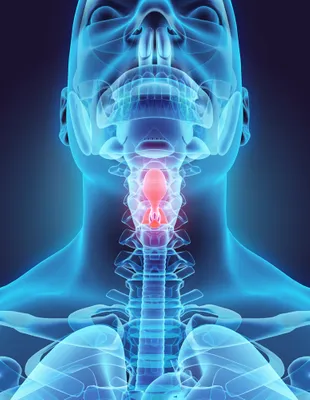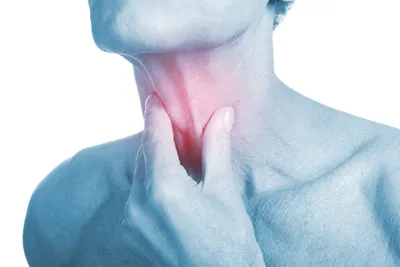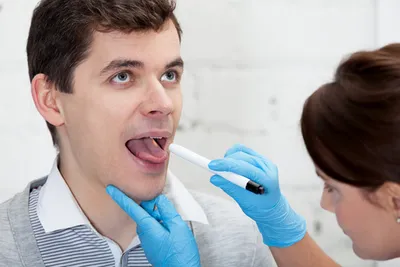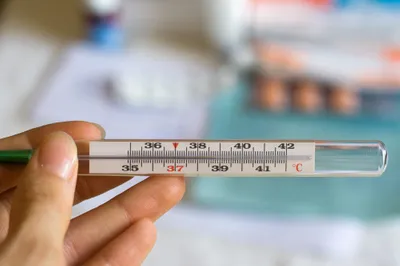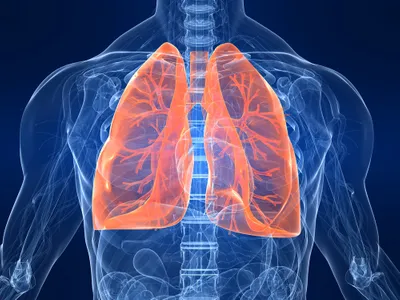If you opened your news feed over the weekend, you were likely hit with some pretty scary health news from the celebrity world: Comedian, Sarah Silverman, was admitted to intensive care with Epiglottitis. Don’t worry, “What the heck is Epiglottitis?,” were my exact thoughts as well.
Thankfully, Epiglottitis is a fairy rare (particularly in adults) yet life-threatening condition that can occur over a period of days when the tiny cartilage flap (called the epiglottis), located at the base of the tongue, which covers the windpipe (or trachea) becomes inflamed and blocks air flow, according to Healthline.com. Silverman, like many patients, mistook this serious condition as mundane throat discomfort, the type that can occur with allergies, voice over-usage, or drinking a too hot beverage. Please note that the symptoms for Epiglottitis differ slightly for children and adults, and a Hib vaccine can be administered during childhood to help prevent the bacteria that causes most Epiglottitis cases in young children to occur…
1. What Characterizes Epiglottitis?
The Mayo Clinic explains that Epiglottitis is a condition that can occur over a period of days in older children and adults (alternatively, it can come on suddenly in small children). This means you might feel a slight airway restriction, however, your life may not be in jeopardy until the epiglottis (which is that small flap of cartilage covering over your windpipe) swells completely.
Once this trachea covering swells completely, it can completely block any air flow to the lungs. However, patients may be reluctant to consider Epiglottitis a medical emergency since the symptoms can be gradual and flu-like (i.e., sore throat, difficulty swallowing, raspy voice, etc.).
2. What Causes Epiglottitis?
According to Healthline.com, even though this condition is considered rare, a bacterial infection (caused by Haemophilus influenzae type b, or Hib) during childhood is the most common trigger of Epiglottitis. This type of bacteria is typically contracted when a patient inhales Hib germs from an infected person’s cough or sneeze.
However, the Mayo Clinic suggests that Epiglottitis can also occur due to drug use (i.e., smoking crack cocaine), a throat injury (puncture, due to drinking hot beverages, or from swallowing an object that causes injury), or due to the contraction of a viral, fungal, or bacterial infections (i.e., Streptococcus A, B, or C; shingles, chicken pox, yeast infection, severe diaper rash, pneumonia, or meningitis).
3. Difficulty Swallowing
Both older children and adults with gradually worsening Epoglottitis may express difficulty or pain when swallowing in the early stages. Oftentimes, drooling occurs when patients experience trouble swallowing.
The pain and inflammation of the epiglottis may also be more severe when leaning back or lying down, but upon sitting upright or leaning forward symptoms may seem to subside temporarily.
4. Sore Throat
As mentioned, the symptoms of Epiglottitis can develop over a few days, and become rapidly worse very quickly in older children and adults. Your throat may sound scratchy and your voice may become hoarse (similar to laryngitis) at first.
However, keep in mind that a typical sore throat due to a cold or flu will improve within a week. However, if you experience a sore throat that becomes painful and exceedingly worse, it should demand medical attention, especially if it’s accompanied by the other symptoms listed in this article.
5. High Fever
For children, a fever with chills is a sign to parents that something is wrong. In this case an elevated temperature soaring to 100.4 degrees Fahrenheit (or above 38 degrees Celcius) may indicate the type of existing viral, fungal, or bacterial infection that can trigger Epiglottitis.
Small children, and even adults with high fever, may appear irritable and restlessness. However, in the case of Epiglottitis, fever will typically accompany other symptoms listed in this article.
6. Abnormal Breathing
Breathing difficulty or breathing abnormalities are the major concern for both children and adults with Epiglottitis, according to NHS Choices (U.K. National Health Service). Breathing may present as high-pitched, noisy, muffled, or raspy in nature.
Children’s breathing may be “stridor” or make a high-pitched, vibrating, musical sounds that indicate a larynx or trachea obstruction. Both adults and children may be unable to catch their breath and resort to mouth breathing.
7. Bluish Skin/Oxygen Deprivation
If an adult or child presents bluish colored skin, this discoloration may indicate oxygen deprivation due to a swollen or blocked airway.
In this case, emergency care should be considered vital and immediate. If you suspect Epiglottitis, or you or a loved one has trouble swallowing/and or breathing seek out the nearest hospital emergency department as soon as possible while keeping the patient in an upright position to ease breathing.


